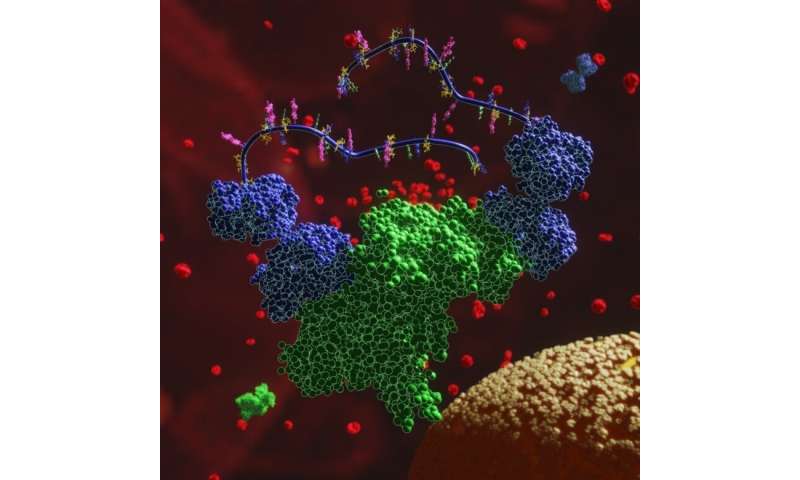
A new paper from the international SCALLOP consortium, led from Karolinska Institutet in collaboration with Pfizer Research and Development, shows that differences in plasma protein biomarker levels are controlled by hundreds of genetic variants across the human genome, and that these insights can be used to predict which drug targets that are likely to be effective future medicines. The study has been published in the October issue of Nature Metabolism.
Senior researcher Anders Mälarstig at the Department of Medical Epidemiology and Biostatistics, corresponding author of the study says that “In light of this paper, I now predict that we will see a next generation of effective medicines emerge from a similar approach as we took in this paper—carefully conducted Mendelian randomization studies of protein biomarkers to understand their causal role in disease.”
The SCALLOP consortium is a global network of principal investigators carrying out cohort studies of large-scale proteomics, predominantly using the Olink PEA platform, and genetic data such as genotyping or sequencing. Anders Malarstig says that “thanks to the engagement and dedication from over 20 different research institutes we can do studies in a more powerful way that ultimately yields more robust findings.”
Source: Read Full Article
